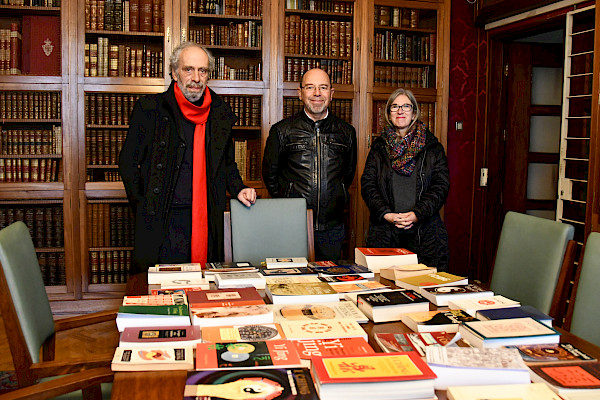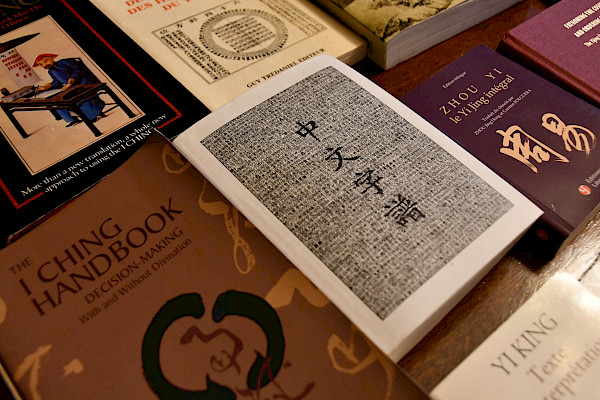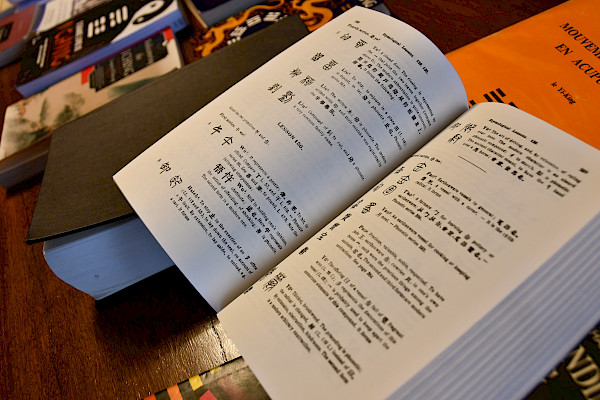General Library of the University of Coimbra receives donation of 102 books on 'Yi Jing'
The collection includes various translations, contemporary analyses and diverse approaches, including astronomy, acupuncture and mathematics.
The General Library of the University of Coimbra has received a significant addition to its collection - a donation of 102 books on 'Yi Jing' from Henrique Duarte, a professor at the University Institute of Lisbon, who has donated his personal library on the ancient Chinese oracle.
Duarte's collection contains a rich variety of material, including various translations, contemporary analyses and diverse approaches to astronomy, acupuncture, mathematics and other subjects. It is a testament to his many decades of dedicated study and research, culminating in the translation of the Yi Jing from its original Chinese characters.
"'Opening the General Library of the University of Coimbra (BGUC) to the broad participation of the local, national and international community of readers' is a way of enriching the library's collections," explains Manuel Portela, Director of the BGUC. "This donation is a good example of what we want to make available, given its very specific nature and the quality and diversity of the bibliography."
This remarkable catalogue of titles is now available at the BGUC for those interested in Eastern philosophy.
The 'Book of Changes', with its 64 hexagrams (figures made up of six lines) representing the dynamic interplay of the fundamental forces of nature and the universe, was a discovery of youth, "fascinating but incomprehensible", says the professor. "I started translating and interpreting, relying mainly on characters and their meanings". Passionate about books, Henrique Duarte is particularly interested in divination and the relationship between humans and time. These subjects are thrilling "both because of their oracular appeal and because of how they help us understand the future". For example, "credit rating agencies, financial forecasting, or even the insurance industry are all systematic ways that contemporary societies have adopted to deal with the future," he concludes.



